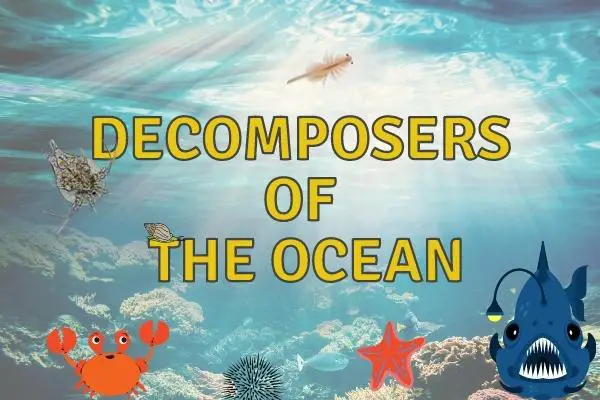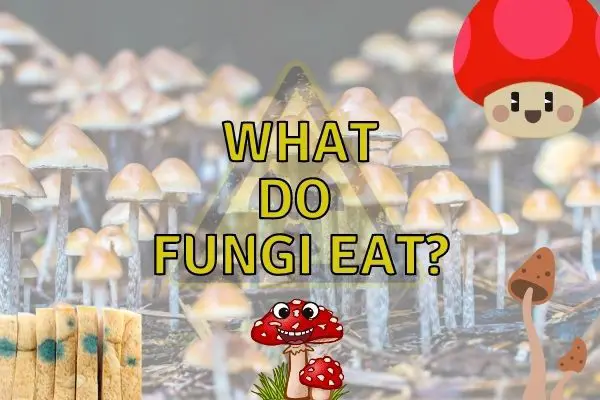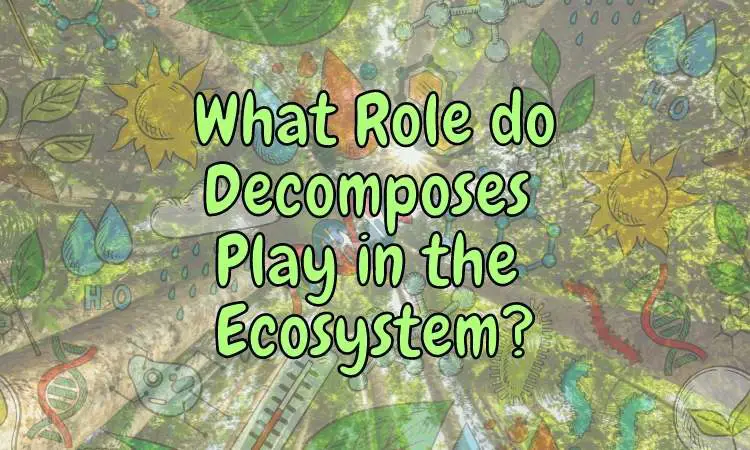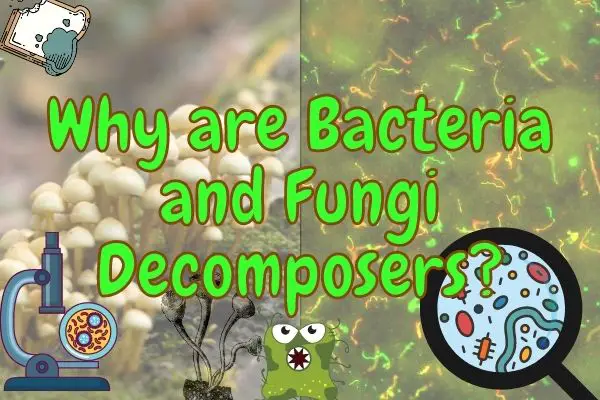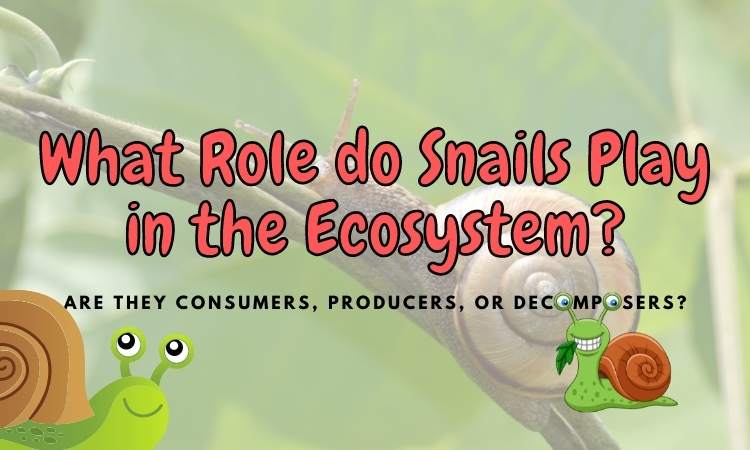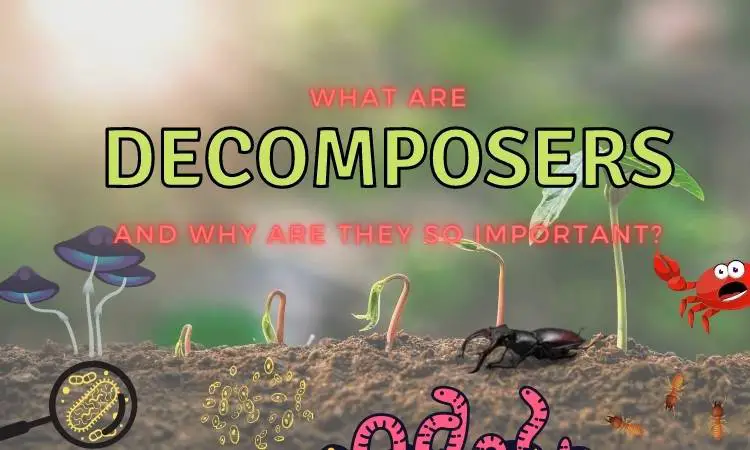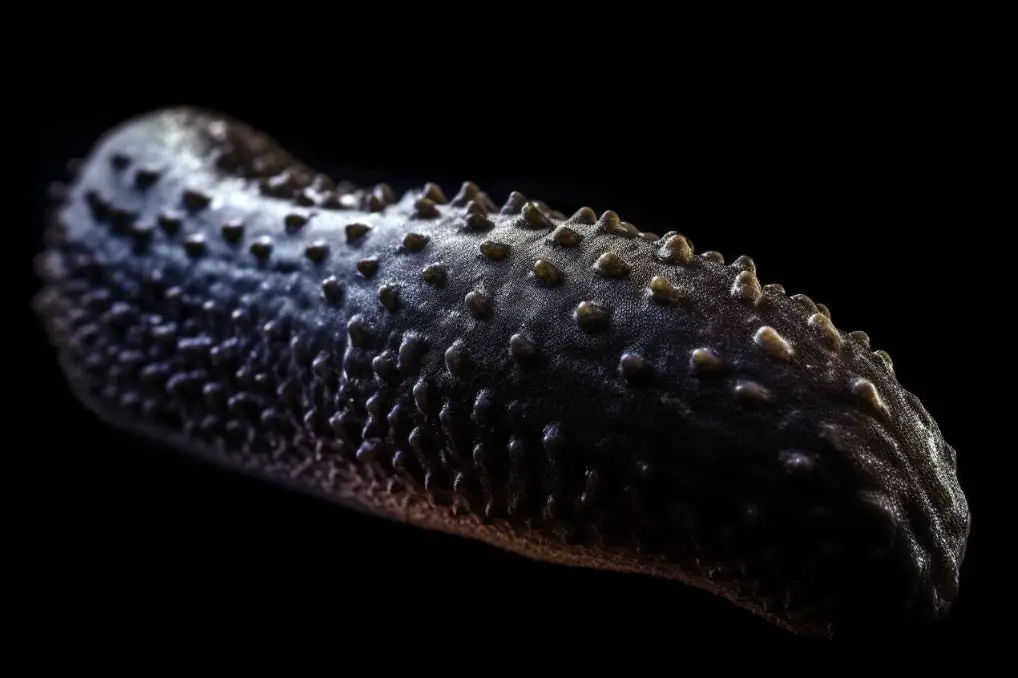Decomposers In The Ocean? (Top 5 Examples Explained!)
Decomposers play an equally important role in marine ecosystems as they do in land ecosystems and they are just as numerous and diverse! In the ocean, the most abundant decomposers are bacteria, marine worms, Echinoderms, Crustaceans and Mollusks. They all get their energy by breaking down dead organic matter that float around or fall to…

